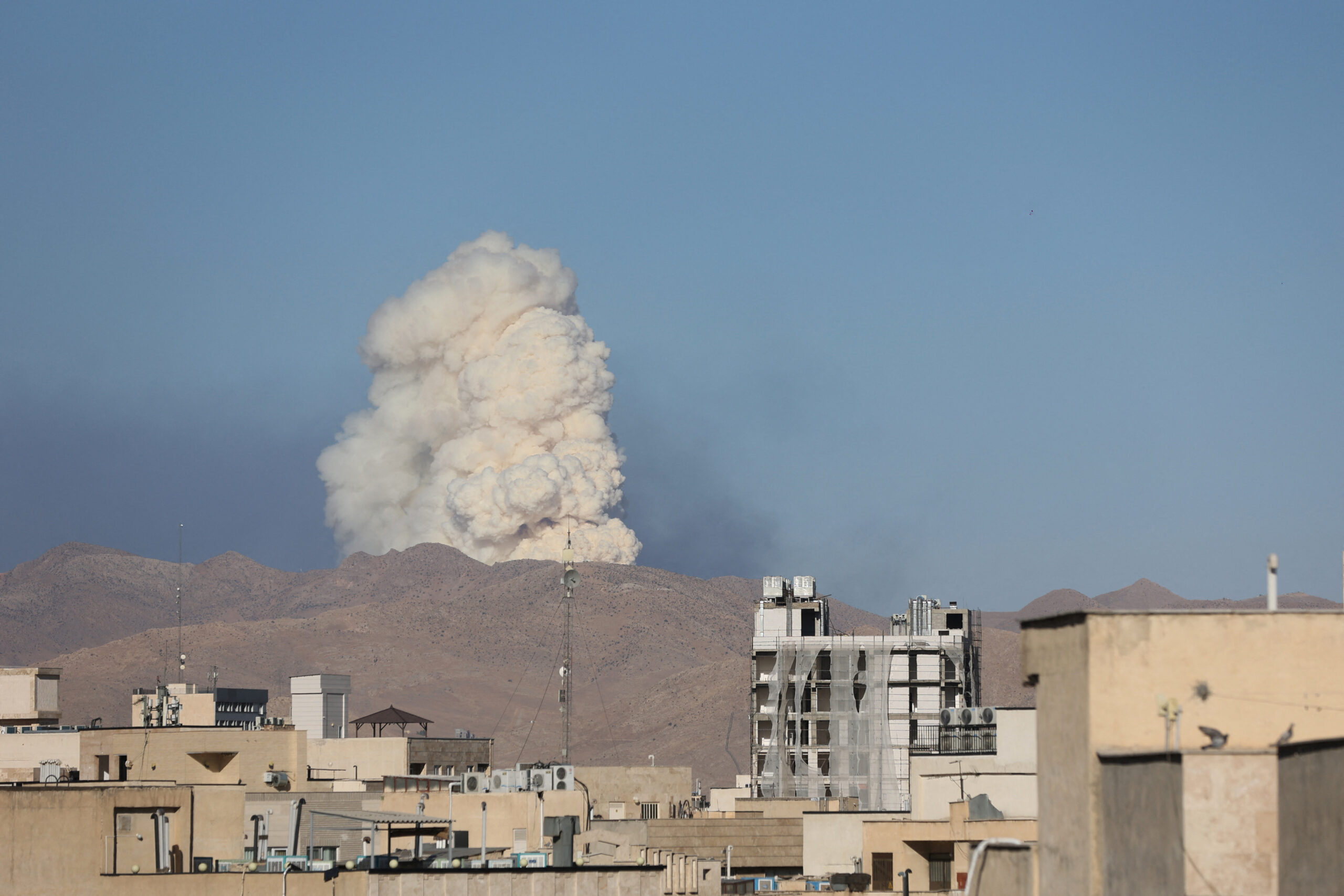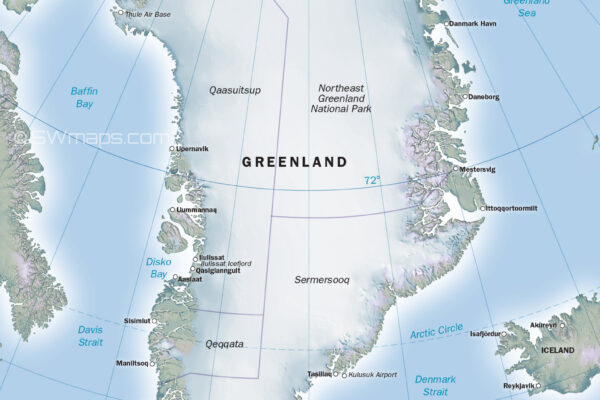
Introduction
The relationship between Iran and Israel has been marked by decades of tension and hostility. With both nations holding significant geopolitical influence in the Middle East, understanding their turbulent interactions is crucial for analysing regional stability. Recent developments have brought Iranian-Israeli relations into sharper focus, raising concerns among global powers and regional allies.
Current Tensions
The ongoing conflict between Iran and Israel has escalated significantly in recent months. Iran’s nuclear programme continues to stir anxiety in Jerusalem, leading to fears of an impending nuclear threat. Analysts have observed an uptick in Israeli airstrikes targeting Iranian military positions in Syria, aimed at curbing Iranian influence near its borders. In response, Iranian officials have pledged to retaliate against what they label as Israeli aggression, further exacerbating tensions.
Regional Responses
In light of these tensions, various countries in the Middle East are recalibrating their diplomatic priorities. The Abraham Accords, which normalised relations between Israel and several Arab states, have shifted the landscape, placing Iran in a more isolated position. Meanwhile, countries like Saudi Arabia and the United Arab Emirates are considering a cautious approach to both nations, acknowledging the complex web of alliances and enmities in the region.
International Involvement
Global powers, particularly the United States, remain heavily involved in mediating between Iran and Israel. As the Biden administration seeks to renegotiate the 2015 nuclear deal (JCPOA), tensions are likely to rise if no agreement is reached. Furthermore, Russian involvement in Syria and China’s growing influence in Iran complicate the dynamics for Israel and the West, potentially leading to unexpected alliances and confrontations.
Conclusion
The future of Iranian-Israeli relations remains uncertain. As both nations continue to bolster their military capabilities and engage in proxy conflicts, the prospects of a direct confrontation or a potential diplomatic resolution appear slim. For observers worldwide, fostering stability in the region will depend significantly on how global and regional players navigate this complex conflict. The ramifications of continued strife could lead to broader instability, with implications for energy security, global markets, and international relations.
You may also like

Understanding the Current Political Landscape in the UK

Understanding the Significance of the Greenland Map

Current Events: What’s Happening in Iran
SEARCH
LAST NEWS
- The Legacy of Notts County FC: England’s Oldest Football Club
- The Impact of AI-N on Modern Industries
- Anticipation Builds for the 2024 Six Nations Championship
- Forecasting the Polar Vortex Split: What to Expect This Winter
- Fleetwood Town vs Bromley: A Crucial Clash in the FA Cup